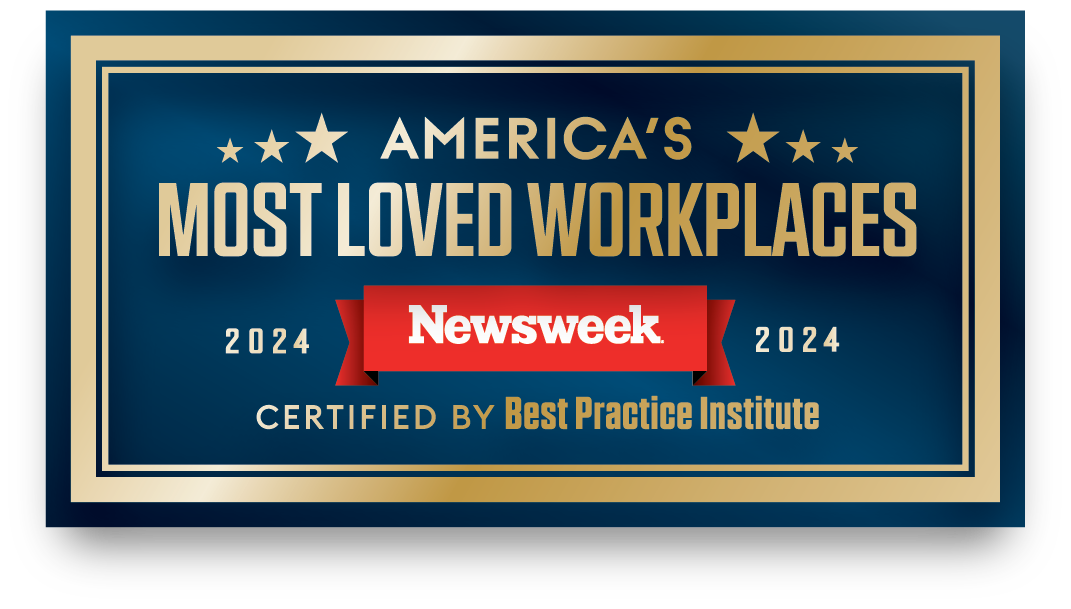Occidental to pay $165M toward Passaic River cleanup but $1B more needed
Source: http://www.northjersey.com, October 5, 2016
By: Scott Fallon
One of the nation’s largest chemical companies will pay $165 million toward the cleanup of the lower Passaic River under an agreement reached with the U.S. Environmental Protection Agency, officials announced Wednesday morning.
The settlement with Occidental Chemical Corp., of Houston, is a fraction of the $1.38 billion needed to complete a plan to dredge and cap the river that EPA announced in March. But agency leaders said the $165 million is important because it will fund engineering work to design the cleanup while EPA pursues agreements with more than 100 other companies to fund the dredging.
It will take four years to design the project and another six years to carry it out.
“We’re dealing with a century of pollution,” said EPA regional Administrator Judith Enck. “We need a decade to get it cleaned up.”
About 3.5 million cubic yards of sediment laced with cancer-causing dioxin, PCBs, mercury and other industrial pollution will be scooped up within an eight mile boundary from Newark Bay to Belleville. The first 2½-feet of polluted sediment will be removed in most of the river and up to 15 feet to accommodate a navigation channel. Contaminated sediment would be taken to an out of state landfill.
The plan is 800,000 cubic yards or 20 percent less than a $1.7 billion plan proposed by EPA two years ago. The change is due to EPA shortening by about half a mile the length of a navigational channel it plans to dredge, agency officials said.
When the work is done, more than half of the pollution in the river — about 6 million cubic yards of contamination ¬— will remain in the Passaic, covered with sand and other materials.
The Passaic River is one of the most contaminated waterways in the United States, with pollution dating back more than 200 years.
It worsened in the 20th century with chemical manufacturers and other industry lining the riverfront, including the Diamond Alkali plant in Newark, which dumped dioxin into the river while making the infamous Vietnam-era defoliant Agent Orange.
Occidental purchased the stock of the former Diamond Alkali and inherited its environmental liability.
Some of the 100 companies responsible for the Passaic pollution are high-profile, deep-pocketed corporations, including DuPont, Hess, Honeywell, Otis Elevator, Pfizer, Sherwin-Williams, Stanley Black & Decker and Tiffany & Co.
EPA officials said they targeted Occidental first for payments so the engineering work can begin. They said they are hopeful that they will get similar agreement with the 100 other companies when negotiations soon begin. If the companies balk, EPA will issue an order compelling them to pay.
“They are going to be paying these costs sooner or later,” Enck said.
No large stretch of the river has yet been remediated although cleanups have occurred near the Diamond Alkali plant and in Lyndhurst at a contaminated mudflat next to Riverside County Park.
Under the plan announced in March, the dredged material would then be taken by barge to a local facility that would separate water from the sediment.
The water would then be cleaned and discharged back into the Passaic. The sediment would be transported by rail to landfills that handle toxic material in other states or Canada. Material containing dioxin — about 10 percent of the overall dredged mud — would be incinerated.
The EPA had considered burying the contaminated material in Newark Bay, which would have cost $700 million less. But the state Department of Environmental Protection and local leaders opposed that plan.






